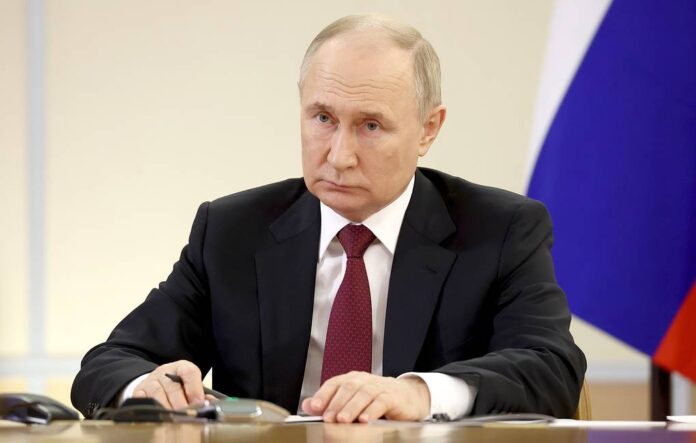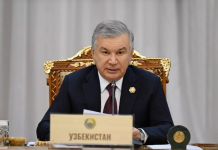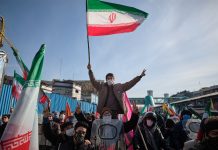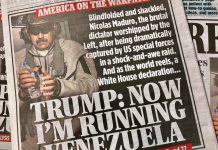By Nadeem Abbas
Voters across Russia headed to the polls to pick the country’s next president, with incumbent Vladimir Putin is all certain to secure his fifth term. Voting was also held in the parts of Ukrainian regions that Russian forces have seized. For the first time, the election process continued for three days from Friday to till 8pm local time on Sunday. According to political pundits, the presidential vote in Russia is no less than Soviet-style referendum.
71-year President Vladimir Putin will undoubtedly win a fifth term, as none of the three other candidates who are contesting polls present a challenge. However, western backed opposition figure Aleksei Navalny, a harsh critic of Mr. Putin, died in an Arctic prison last month, who can pose serious threat to Putin in votes.
Political experts having knowledge about Russian society claim that Russian masses have realized that the vote is significant for Mr. Putin to cement his legitimacy which will further strengthen his image as the embodiment of security and stability.
Despite Western media’s malicious propaganda against Putin, he is the most popular leader in the country who effectively countered Western forces sanctions and war in Ukraine. Putin has proved it to the world that with wise moves, any country can survive maneuvers of the West. It is admitted fact that despite malicious propaganda by Western media and its control over global lenders ie, World Bank and IMF, Putin has successfully combated economic sanctions and social propaganda and proxy war in Ukraine.
In Ukraine war, US and Allies so far failed to destabilize Russia. As Kremlin was gradually taking over areas from actor turned politician Ukraine President Zelenskyy. Moreover, Putin already proved his military power in Syria by rescuing President Bashar al Assad. And West faced disgrace in Middle East as well from Russian hands.
Putin has succeeded to tell his nation that despite all of evil forces bent upon destabilizing Russia, he knows how to maintain peace and economic prosperity in the country.
“The Kremlin support has increased since the beginning of the war,” said Nikolay Petrov, a Russian political scientist at the German Institute for International and Security Affairs in Berlin.
The Kremlin long proclaimed that Putin always received more than 50 percent public support in balloting and also more support than he did in each previous vote.
Two important changes this time could add to the vote’s opacity. In a sprawling, diverse country like Russia, the Kremlin can also use more traditional means. Regions dominated by ethnic strongmen, like the Caucasus, habitually report huge turnouts with Mr. Putin receiving 99 percent of the vote. Areas where state industries prevail also tend to report heavy support for Putin.
To turn out the vote, some polling stations hold prizes like household appliances or firewood. One Siberian region is offering 16,000 prizes. But the Kremlin must rely on some votes in big cities, and that can get tricky.
Also, in previous votes, few polling stations had more than 3,000 registered voters and many had fewer than 1,000. “It is technically very complicated to create a crowd,” said David Kankiia, an analyst with the Golos election watchdog, barred in Russia.
Since he was first appointed successor to President Boris Yeltsin in 2000, Mr. Putin has said Russia’s Constitution would dictate the length of his tenure. Then he kept rewriting the Constitution.
Asked in 2014 whether he would remain president forever, Mr. Putin responded, “This is not good and it is detrimental for the country and I do not need it either,” before adding, “We will see what the situation will be like, but in any case the term of my work is restricted by the Constitution.”
In 2008, when term limits forced him to step aside, he became prime minister under President Dmitri A. Medvedev, although Mr. Putin remained the power behind the throne until reclaiming the top job in 2012. Presidential terms were extended to six years before the 2018 vote, and then in 2020 Mr. Putin changed the constitution again to reset his term clock. At this point, he can have at least two terms until 2036. If Mr. Putin lasts, he will soon outstrip the record, 29-year rule of Joseph Stalin.






